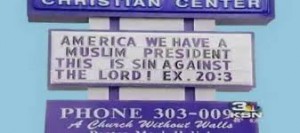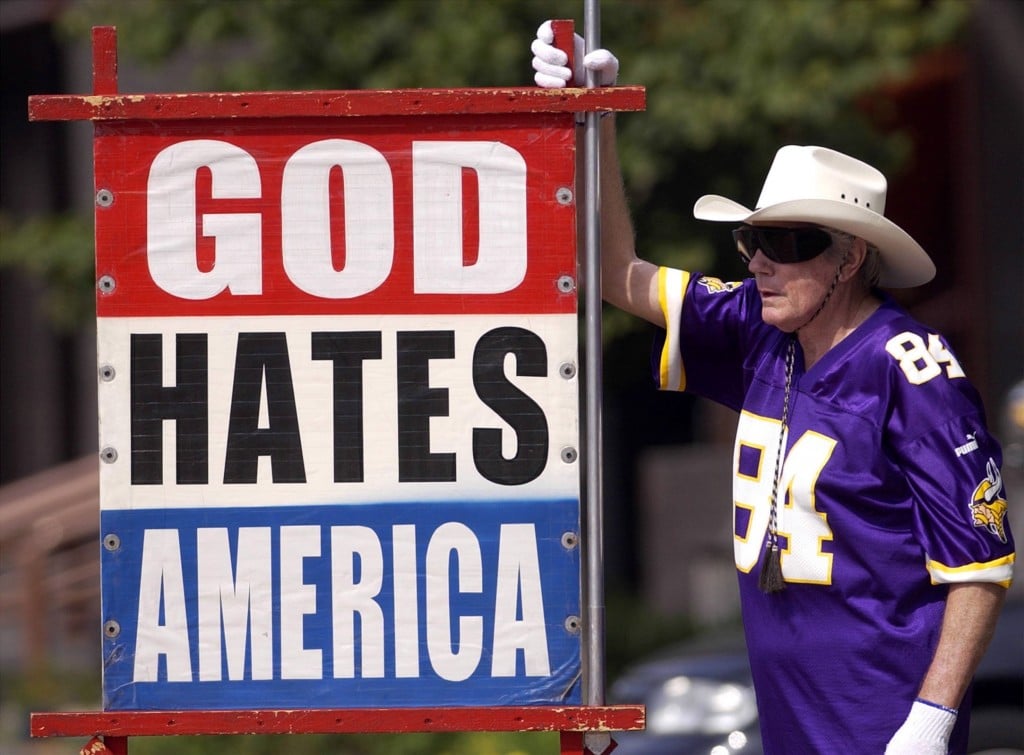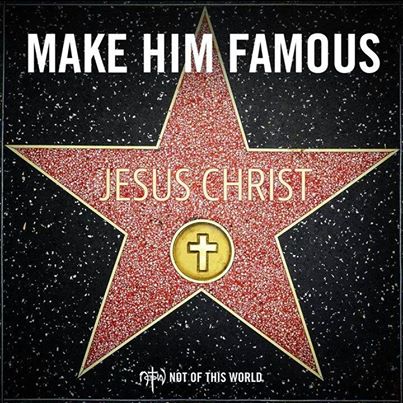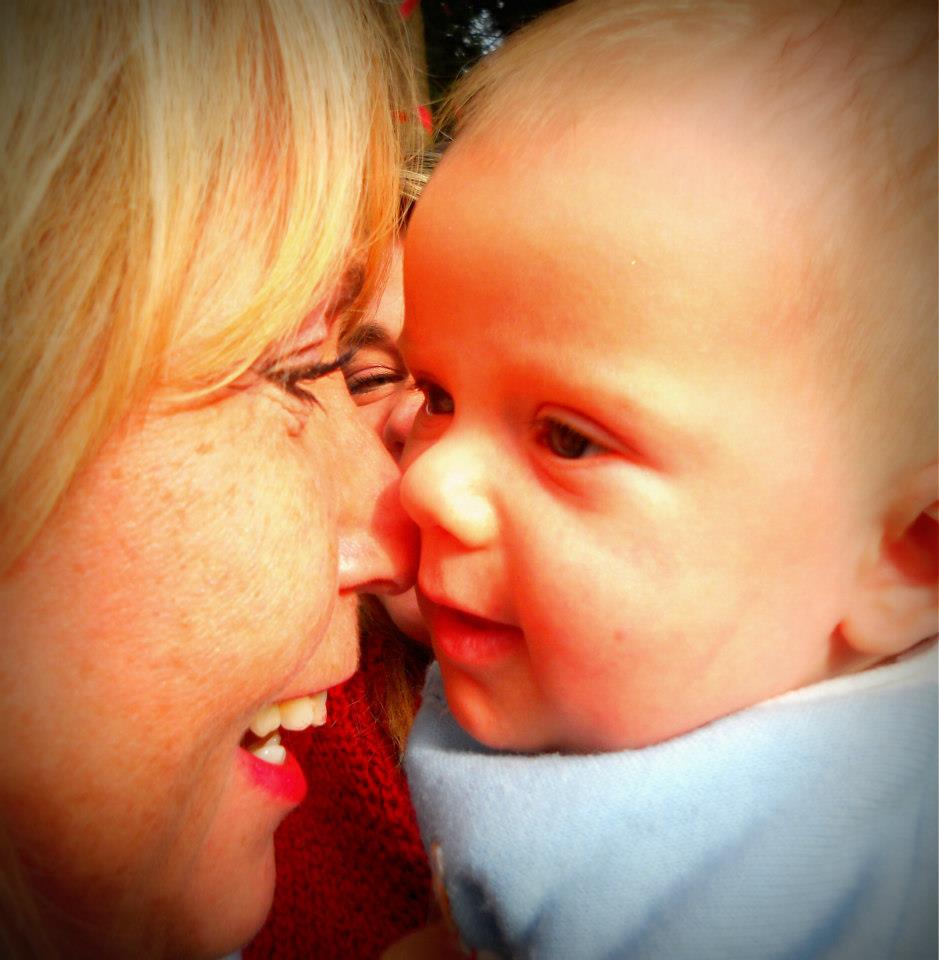 Content Director’s Note: This post is a part of our Election Month at Patheos feature. Patheos was designed to present the world’s most compelling conversations on life’s most important questions. Please join the Facebook following for our new News and Politics Channel — and check back throughout the month for more commentary on Election 2012. Please use hashtag #PatheosElection on Twitter.
Content Director’s Note: This post is a part of our Election Month at Patheos feature. Patheos was designed to present the world’s most compelling conversations on life’s most important questions. Please join the Facebook following for our new News and Politics Channel — and check back throughout the month for more commentary on Election 2012. Please use hashtag #PatheosElection on Twitter.
I’d rather vote for a Mormon than a Muslim.
That slur was posted on Facebook by a childhood friend.
I winced when I saw it because I know her heart and I know she isn’t a mean or hateful person.
But I also know that she probably truly believes President Obama is a Muslim. She might even be among that misguided community of Birthers, those like Donald Trump who are still insisting that Obama isn’t a US citizen. (By the way, has anyone seen Donald Trump’s birth certificate?)
This friend and I grew up in a time and place where a candidate’s faith mattered. A person could not run for any office without mentioning whether they were a member of First Baptist or St. Paul’s — if they hoped to get elected.
When we were girls growing up I didn’t understand why election yard signs always mentioned the church that the candidate belonged to. It wasn’t until I reached high school that I began to associate church membership as some sort of bragging rights. The whole point of the bragging was to inform voters that you, like them, were saved by the Blood of Christ. You were one of the anointed, and therefore they could feel comfortable voting for you. Of course, church affiliation remains one of the primary ways of communicating in code one’s economic standing and social status within the community-at-large.
Neither a Mormon nor a Muslim could have won a seat on the city cemetery council during those years in our hometown. I doubt either one still could.
Mormons were considered oddities in our mostly Baptist community. There was one Mormon among our 1,500-member student body and we all knew him by name. Don had been a Buddhist before converting to Mormonism. Some kids experimented with drugs. Don experimented with religions. He always stood alone outside the cafeteria while we waited for the permission bell to send us along to our next class. It was as if we were all afraid that if we spoke to him we’d catch some sort of cooties that would mar us as Mormons, too.
And during all of my growing up years, I never heard of a Muslim. Ms. Susan Hussey bravely took it upon herself to introduce us to various religions as part of our senior Humanities class. She even took us on a field trip to the town’s Jewish synagogue. We stood in hushed silence as the Rabbi explained some of the mysteries of being Jewish. This being the Bible Belt, we were all keenly aware that Jews were really God’s anointed. But even Ms. Hussey never mentioned Muslims.
Church affiliation has always been the way people in my hometown have identified themselves. California has the Crips and the Bloods. Georgia has the Baptists and the Methodists.
Of course referring to President Obama as a Muslim is nothing more than a thinly-disguised form of old-timey racism. It’s a way of saying there’s me, then there is you. Us and them. Blacks and Whites. Christians and Muslims. The Anointed and the Anti-Christ.
Wearisome rhetoric devised to divvy up property rights to heaven.
Why in Jehoshaphat’s name does one’s faith affiliation really matter when it comes to leading the country?
Do Baptists make better presidential candidates than Mormons?
Do Mormons make better presidential candidates than Muslims?
Do Muslims make better presidential candidates than Atheists?
Isn’t what voters are really seeking is a person who will be guided by a strong sense of integrity and moral character?
Or is it enough just to claim Jesus as Lord?
Karen Spears Zacharias is author of A Silence of Mockingbirds: The Memoir of a Murder.












